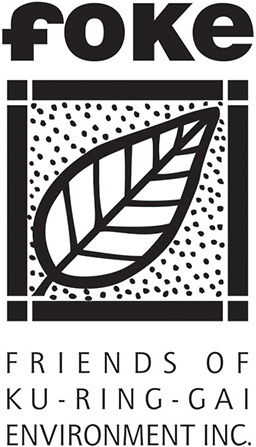FOKE
Independent Planning Panels
Independent Hearing and Assessment Panels
From 1 March 2018, the NSW Planning Minister announced that Independent Hearing and Assessment Panels (IHAPs) are mandatory for all Sydney councils supposedly to ‘guard against corruption and lead to better local planning decisions.
This imposition applies to all Development Applications with a value greater than $5 million up to $30 million. However, we are already burdened with the Sydney North Planning Panel established in 2016 to determine regionally significant development applications with a capital investment value of more than $20M, and can also conduct rezoning reviews where a developer is denied a rezoning request by Council.
The Independent Planning Assessment Commission (PAC), also under delegation from the Minister, then reviews and approves major developments above this value. Currently, the PAC to date has a rate of approval close to 99% in favour of developers vs the community.
There has been widespread community concern regarding the mandatory imposition of IHAPs on all Councils, which takes more development approval decisions away from local council and elected councillors into the hands of unelected State Government appointees.
The standard model for IHAPs comprises three independent expert members from law, government, planning, architecture and one community member. The community member will represent the geographical area within the Local Government Area of the proposed development. No councillors are allowed to be included. Therefore, there will be only one member with a local perspective on the development. We believe IHAPS have been put in place to facilitate development which may not always be in keeping with the local area and which will have less scrutiny by the community.
The NSW Liberal State Government is increasingly taking development planning out of the hands of the community. IHAPs will be able to handle DAs where they seek to depart from a local development standard or have numerous objections. The idea that this government-controlled body will reflect community concerns and uphold local development controls against developer interests is naive. This has not been the experience with other government bodies. These panels have the potential to bring huge change to Ku-ring-gai and its residents, affecting heritage, environment, streetscape, traffic and amenity, as well as the ability of existing infrastructure to cope. Much of the cost of necessary infrastructure upgrades will fall on residents. And all these decisions are now being made by people who have not chosen to live in Ku-ring-gai, and who won’t have to live with the results of their decisions.
Residents deserve to have their views on Ku-ring-gai’s town centres heard, treated with respect, and heeded. But quite the reverse has applied. Residents’ views have generally been treated with a mix of condescension, scorn and contempt. Such ‘consultation’ as has occurred has been superficial. Residents have been effectively disenfranchised.
It is simply not acceptable that suburban residents – in Ku-ring-gai or anywhere else in Sydney – should be required to accept massive change to their town centres and suburban streets because some ‘planning experts’ have decided they know better than residents how our areas should be allowed to develop!
